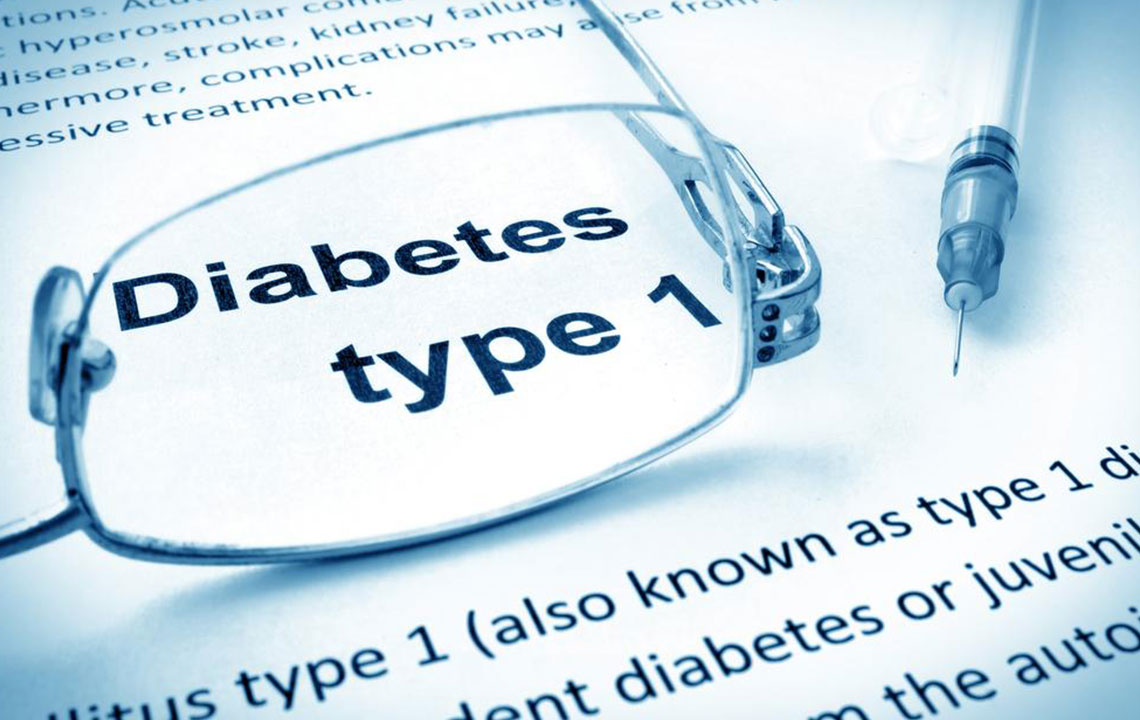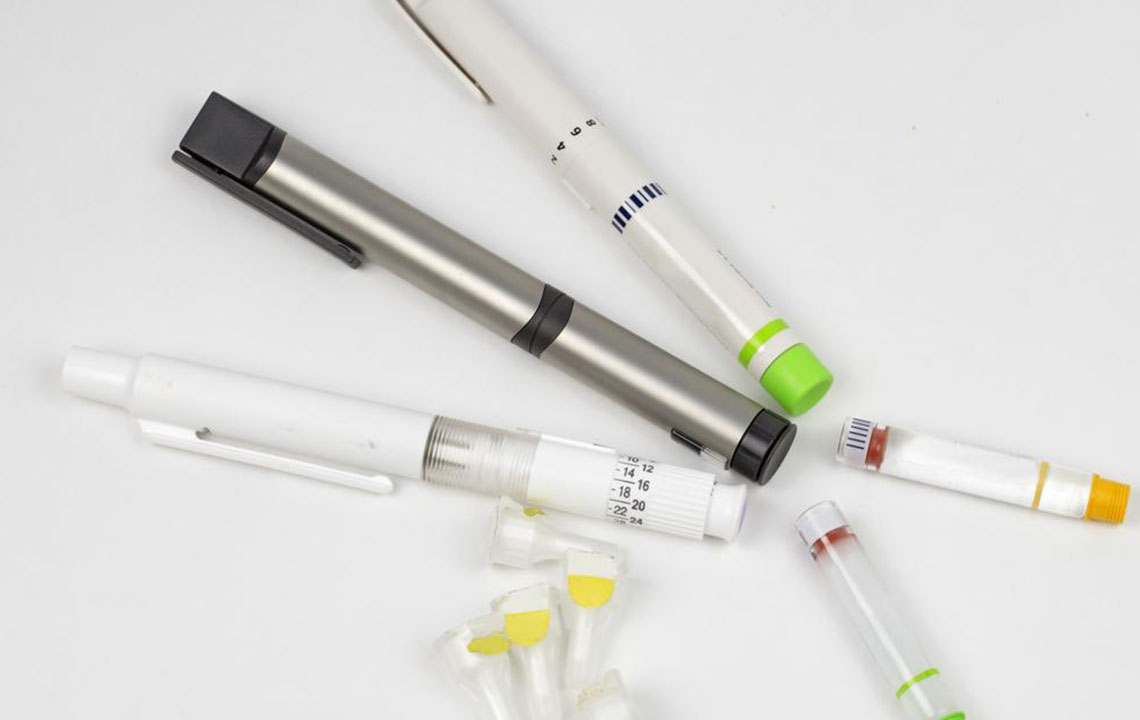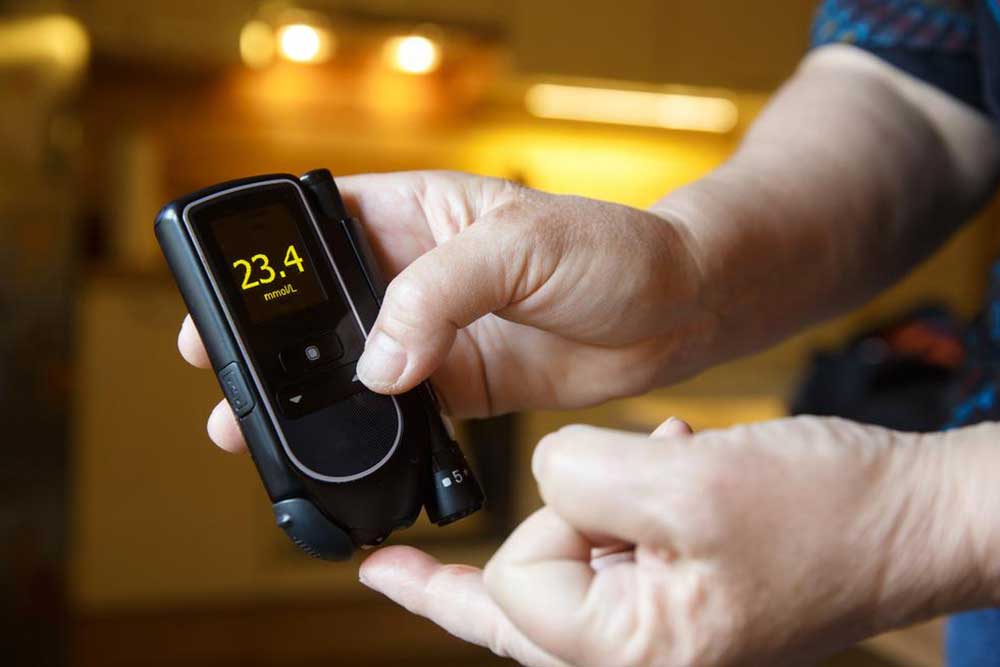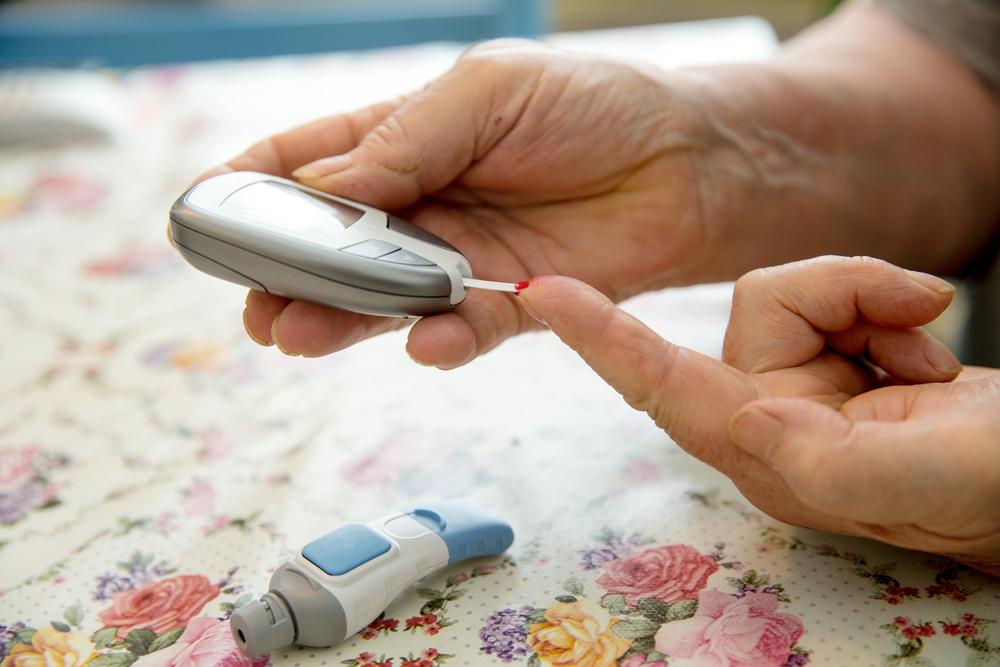Comprehensive Guide to Managing Type 1 Diabetes
This comprehensive guide outlines essential information about Type 1 diabetes, including causes, symptoms, prevention, and treatment options. It emphasizes the importance of early diagnosis, lifestyle changes, and proper management to prevent severe complications. Regular health checkups, insulin therapy, healthy diet, and exercise are crucial in controlling the condition and maintaining quality of life. The article serves as a valuable resource for those at risk or managing diabetes, promoting awareness and proactive health strategies.

Comprehensive Guide to Managing Type 1 Diabetes
Type 1 diabetes is an autoimmune condition where the body's immune system attacks insulin-producing beta cells in the pancreas, leading to little or no insulin production. While it can occur at any age, children are most commonly affected, with increasing risk in adults over time.
Insulin is essential for processing glucose from food into energy. Without sufficient insulin, glucose accumulates in the bloodstream, causing health issues. The condition's exact cause remains unknown, but genetics and autoimmune responses are believed to play significant roles.
This elevated blood sugar level can lead to short- and long-term health complications.
Causes of Type 1 Diabetes
The precise cause is still under investigation. Researchers suggest it is an autoimmune disease where the immune system mistakenly attacks pancreatic cells, with genetics influencing susceptibility. It may also co-occur with other autoimmune disorders like Vitiligo or Graves' disease.
Common symptoms include:
Persistent thirst
Dry mouth
Nausea and vomiting
Increased hunger despite eating
Frequent urination
Chronic fatigue
Significant weight loss
Blurred vision
Frequent infections of skin, urinary tract, and vagina
Preventive Measures for Type 1 Diabetes
While there's no definitive way to prevent Type 1 diabetes, maintaining blood sugar levels within an optimal range may delay its onset. Regular checkups are recommended, especially for those with a family history, to facilitate early detection and possible intervention. Managing coexisting conditions like high blood pressure or cholesterol and quitting smoking can reduce complication risks. Routine vaccinations, including flu, pneumococcal, and hepatitis B, are advised, especially for those at higher risk, helping to maintain overall health and blood sugar stability.
Management Strategies for Type 1 Diabetes
Effective management involves insulin therapy, lifestyle modifications, and ongoing monitoring.
Insulin Therapy
Daily insulin injections or insulin pump therapy helps keep blood glucose levels in check. The dosage is personalized based on blood sugar readings and activities. Monitoring blood glucose regularly is vital to adjusting insulin doses accordingly.
Healthy Diet and Exercise
Adopting a balanced diet and engaging in moderate physical activity assist in managing blood sugar levels. Consulting healthcare professionals ensures tailored nutrition plans and safe exercise routines, adjusting insulin as needed.
Proper control prevents complications like:
Kidney damage (Nephropathy): Often manifests after 15-20 years, risking kidney failure and heart issues.
Nerve damage: Hardened nerves and arteries, leading to loss of sensation and wound healing difficulties, risking limb loss.
Retinopathy: An eye condition affecting a significant portion of long-term diabetics, potentially impairing vision.
In summary, routine health monitoring, lifestyle adjustments, and early diagnosis are key to living healthily with diabetes. Controlling blood sugar, blood pressure, and cholesterol levels can significantly reduce the risk of complications.










